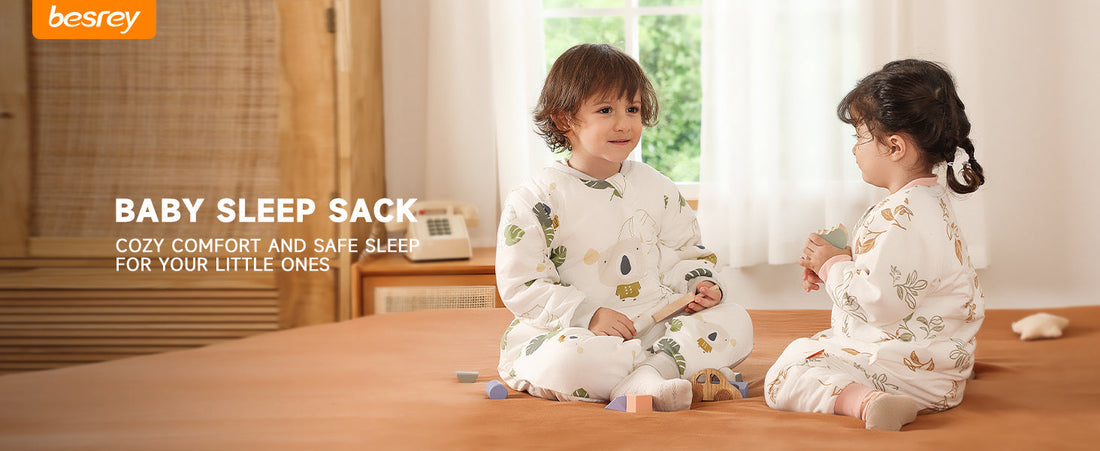
Science of Positive Parenting: Effective Tips for Raising Toddlers
Raising a toddler is a journey filled with joy, curiosity, and, at times, significant challenges. As young children develop physically, emotionally, and cognitively, they need guidance, structure, and encouragement from their caregivers. Understanding the science behind positive parenting can help create a nurturing environment that fosters growth and confidence.
Establishing a Routine
Toddlers thrive on predictability. A structured routine gives them a sense of security and helps regulate their emotions. Research in child development suggests that consistent daily schedules, including set times for meals, play, and sleep, support cognitive and emotional development.
Integrating engaging and comforting activities into their routine enhances their experience. For example, a designated quiet space—such as a cozy teepee tent—can serve as a personal retreat for relaxation or naps. This small yet significant addition fosters a sense of ownership and comfort, making transitions throughout the day smoother for toddlers.
Encouraging Positive Behavior

Reinforcing positive behavior through praise and encouragement is an essential part of child development. Studies show that positive reinforcement strengthens neural pathways associated with motivation and self-esteem. Acknowledging a toddler’s accomplishments, no matter how small helps build their confidence and encourages them to repeat desirable behaviors.
Creating an environment rich in engaging and safe activities can also promote positive behavior. A fort-building kit, for example, not only fuels creativity but also supports social development by encouraging cooperation and teamwork. When children engage in shared play experiences, they develop essential social skills such as communication, negotiation, and problem-solving.
Communicating Effectively with Your Toddler
Effective communication is crucial in fostering a strong parent-child bond. Toddlers may not always have the words to express their emotions, so using simple language, visual cues, and active listening can help them feel understood. Research in child psychology emphasizes the importance of validating a toddler’s emotions, as this builds trust and emotional intelligence.
Encouraging toddlers to articulate their thoughts and feelings strengthens their language skills and boosts their confidence. Simple gestures, such as getting down to their eye level when speaking to them, show empathy and reinforce a sense of connection.

Handling Difficult Moments
Every parent encounters moments when their toddler experiences frustration, tantrums, or emotional outbursts. During these challenging times, responding with patience and understanding is key. Experts suggest that instead of reacting with frustration, maintaining a calm and clear demeanor helps de-escalate tense situations and models healthy emotional regulation.
When a child becomes overwhelmed, redirecting their focus to a calming activity can help them regain control. Engaging in physical activities, such as riding a balanced bike, provides a healthy outlet for releasing pent-up energy and can improve mood regulation. Physical movement has been shown to reduce stress and increase the release of endorphins, promoting a sense of well-being.

Fostering Independence
Encouraging autonomy in toddlers fosters confidence and decision-making skills. Providing opportunities for simple choices—such as selecting an outfit or choosing between two snack options—helps children feel empowered. Studies indicate that allowing young children to make age-appropriate decisions strengthens their ability to think independently and builds resilience.
Creating a safe space for exploration is equally important. Activities that allow toddlers to experiment and learn through trial and error, such as riding a tricycle, help develop problem-solving skills and enhance coordination. Open-ended play experiences support cognitive growth and encourage a natural curiosity about the world.
Conclusion
Positive parenting is rooted in patience, encouragement, and a deep understanding of a child’s developmental needs. By establishing routines, reinforcing positive behavior, communicating effectively, handling difficult moments with empathy, and fostering independence, parents can create an environment where their toddler feels safe, valued, and ready to explore the world. Implementing these science-backed strategies can make the toddler years an enriching experience for both parent and child, strengthening their bond and setting the foundation for lifelong learning and emotional well-being.




